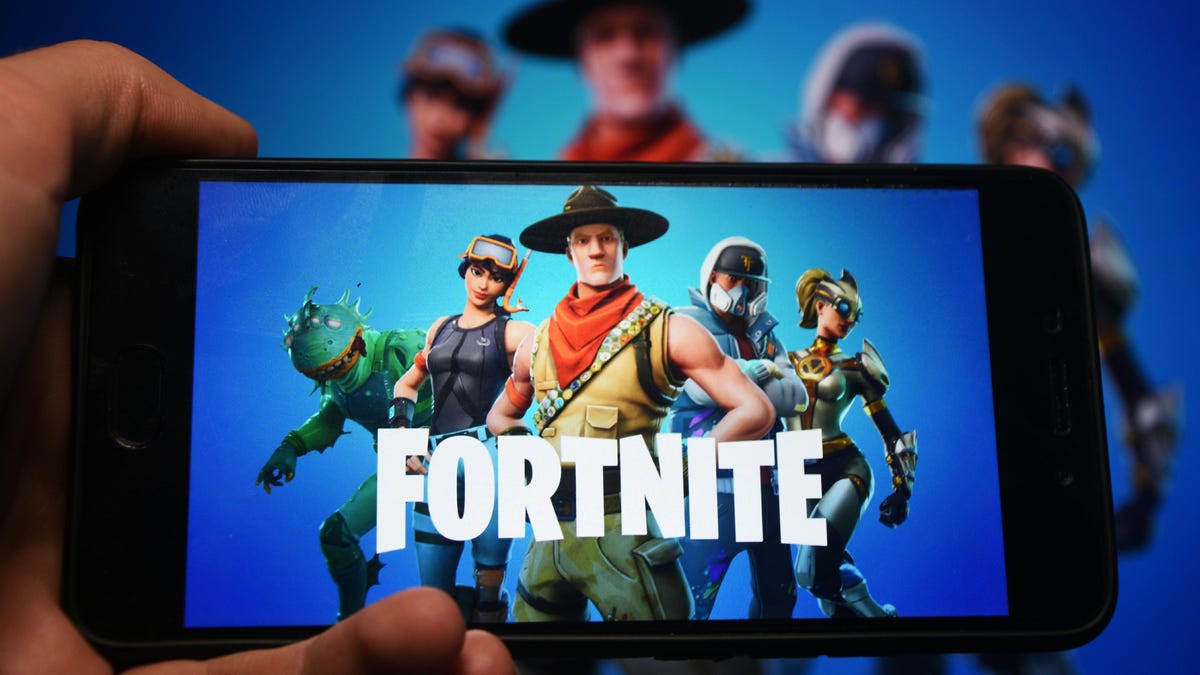Google Denies That Its ‘Project Hug’ Bribed 20 Developers - 2 minutes read

Google executives defended its internal campaign “Project Hug,” which enticed 20 developers to not create app stores competitive with Google Play according to Epic Games, in an ongoing trial Thursday.
Purnima Kochikar, Google’s vice president of play, took the stand Thursday to defend why Project Hug wasn’t a bribe in the trial of Epic Games v. Google where the search giant is being sued for anti-competitive practices on its app store. Kochikar says “co-marketing” and “ad credits” are not the same as a bribe, and specifically pointed to a 2019 presentation saying Project Hug “is not an exclusivity program,” according to live coverage from The Verge.
Google targeted the following 22 developers with Project Hug deals in 2019: Activision, Aniplex, Bandai Namco, Bethesda, Blizzard, Com2uS, EA, King, Mixl, Niantic, NCSoft, NetMarble, NetEase, Nexon, Nintendo, Pearl Abyss, The Pokemon Company, Riot, Square Enix, Supercell, Tencent, Ubisoft.
A later document revealed that 20 of the companies signed. Google boasted internally about steering Riot Games away from launching an in-house app store with $10 million of marketing, according to documents revealed in the case Thursday.
“We pulled all stops (promised them $10M marketing before they signed GVP for example) to get Riot to stop their inhouse ‘app store’ efforts and bring their billion dollar League of Legends franchise and other mobile games to Play (they were most likely to follow Epic’s example)” said Kochikar in an internal document.
Google confirmed Wednesday that Fortnite publisher Epic Games was offered $147 million to launch its game on the Google Play Store. Epic rejected the offer, which prompted a panic at Google. The company feared a “contagion risk” that other popular apps would bypass the Google Play store and its lucrative in-app purchase fees.
“Of course not,” said Kochikar when asked if Google was trying to bribe Epic Games with the deal Thursday. Epic makes the case that Google was absolutely trying to get developers to be on its app store using monopolistic tendencies.
“Google puts software downloadable outside of Google Play at a disadvantage,” said Epic in 2020. The developer says the company uses “scary, repetitive security pop-ups” on content obtained outside its app store. Fortnite was ultimately booted off the Google Play store later that year for not giving a cut of in-app purchases to Google. The booting prompted the very lawsuit we see playing out today.
Source: Gizmodo.com
Powered by NewsAPI.org